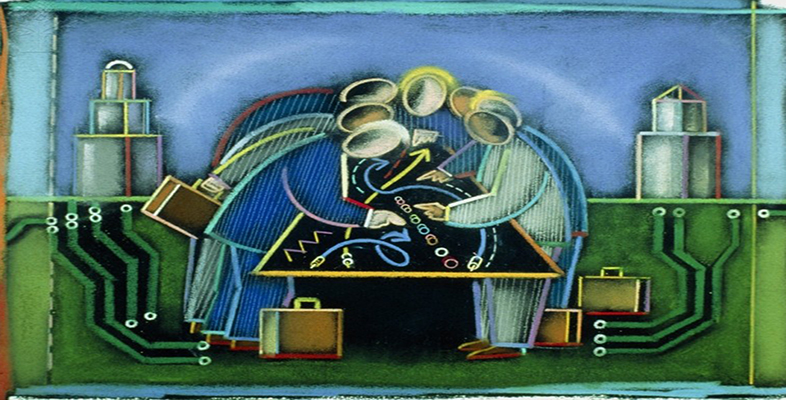7.2.1 Codification
Codification relates to the degree to which knowledge has been formalised. It is an important process for knowledge as it increases its potential for communication and transfer. Boisot suggests that uncodified knowledge is knowledge that cannot be captured in writing or stored without losing the essentials of the experience it relates to. It relates closely to the idea of tacit knowledge, though it could remain uncodified for a number of reasons:
- some knowledge is not codified because it is commonly held by a specific group. It is not that it cannot be codified, it is simply ubiquitous to that situation or culture and remains to be taken for granted
- some knowledge may not be codified because no one can fully understand it and so it remains elusive and inarticulate
- some knowledge remains uncodified because there is a cost associated with codifying it. This may be the cost of the process to articulate the knowledge. It may also be the (personal) cost to the holder of the knowledge of yielding it to a wider audience.
The benefit of codified knowledge is that it allows greater access to it. In many areas the codification of a procedure packages the knowledge to give more individuals and organisations the opportunity to use it. In some cases this leads to de-skilling of the task in hand. For example, transferring a craftsperson’s skill into a computer program for operating a lathe allows a lower-skilled operator to produce a finished article to the same standard as the original craftsperson. And the development of a ‘script’ for use in a telephone call centre allows the de-skilling of people doing customer-facing jobs such as telephone selling or customer support. The original knowledge from experts is codified into the script. The importance of codified knowledge is that the ‘friction’ of transfer is greatly reduced.
Activity 3
Using an organisation you are familiar with, or one of your choice, identify an example of the codification of knowledge into a form that allows wider understanding and use to be made of it.
